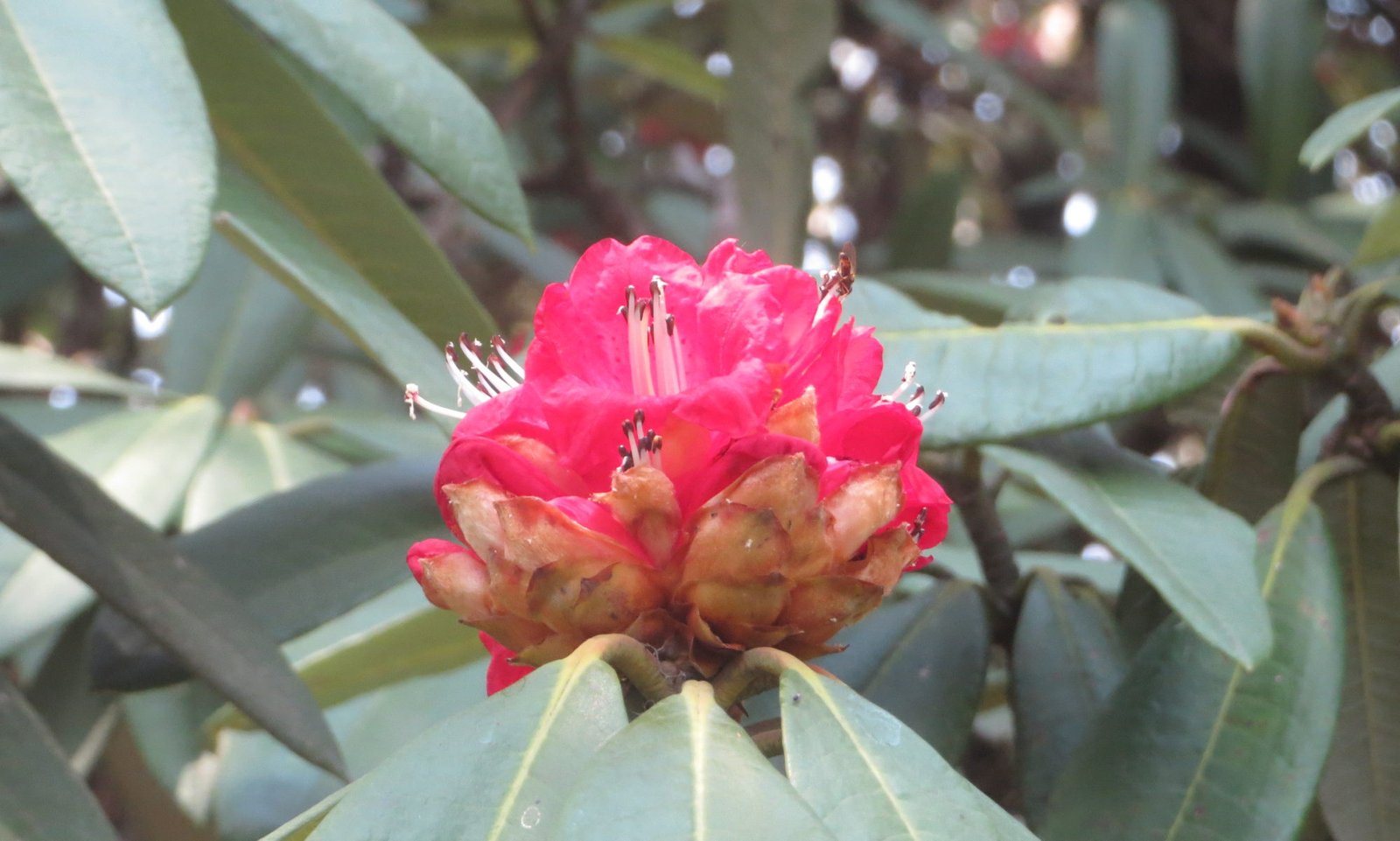English translation of article published by Der Standard (Pflanzen sollen gegen oxidativen Stress helfen)
Research is increasingly turning to phytochemicals to protect cells from free radicals. This has shown an analysis of almost 300,000 studies.
Vienna – The human organism is constantly exposed to so-called free radicals, which cause stress to the body. This is called oxidative stress. In the past, research has focused primarily on antioxidant vitamins and minerals to protect the body from these negative influences. This has meanwhile changed, as an analysis by researchers at the University of Vienna has shown. Nearly 300,000 scientific papers evaluated the team around the molecular biologist Atanas Atanasov. The new trend is called phytochemicals, meaning plant compounds.
The natural progression of aging is increasing the biological oxidative processes associated with a variety of inflammatory-associated diseases such as autoimmune diseases, diabetes or cancer. Natural and synthetic antioxidants are used to prevent these processes while at the same time providing preventative protection against inflammatory diseases. “However, the focus of scientific attention has shifted significantly in recent years,” write the study authors.
Disappointing results
While the focus prior to 2000 was still on antioxidant vitamins and minerals, more recent studies are increasingly focusing on the effects of phytochemicals such as curcumin from turmeric or resveratrol from red wine. “The reason for this transition could be that clinical trials of many antioxidant vitamins and minerals have yielded disappointing results and failed to deliver the expected health benefits,” says Atanasov.
While vitamins and minerals are still widely used in medical practice, scientists are now increasingly relying on the use of so-called phytochemicals. “These are contained in many foods with proven health benefits, including fresh fruits and vegetables. In a next step, we want to better understand the effects of these molecules in order to be able to apply them in a targeted way for the prevention and treatment of diverse diseases,” says Atanasov. (red, 15.1.2019)
Original study: Oxidative Medicine and Cellular Longevity. Antioxidants: Scientific Literature Landscape Analysis (2019). Andy Wai Kan Yeung, Nikolay T. Tzvetkov, Osama S. El-Tawil, Simona G. Bungǎu, Mohamed M. Abdel-Daim, and Atanas G. Atanasov.
https://doi.org/10.1155/2019/8278454
Join for free INPST as a member
The International Natural Product Sciences Taskforce (INPST) maintains up-to-date lists with conferences, grants and funding opportunities, jobs and open positions, and journal special issues with relevance for the area of phytochemistry and food chemistry, pharmacology, pharmacognosy research, and natural product science.

























